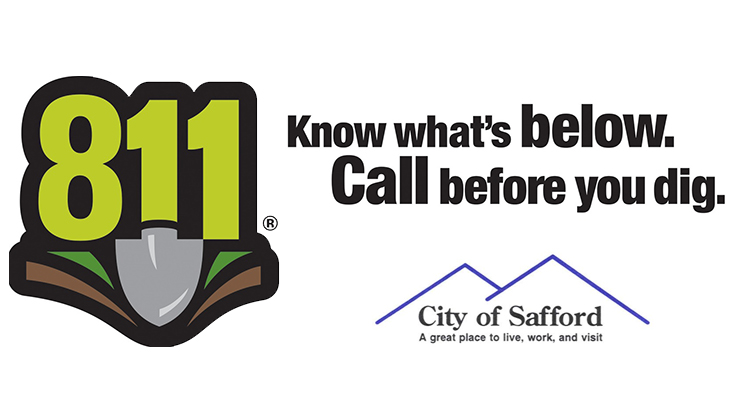Organizational aspects like team and task management are crucial for each project, with executive individuals being responsible for its successful implementation and leadership. If you possess a combination of technical and communication skills, the project manager role might be just right for you.
Are you curious about how to become a project manager? This article explains the necessary skills, qualifications, and career path opportunities. The best tools for project management are also highlighted to give you a complete understanding of this role. Keep on reading!
Essential project management skills

Is being a project manager hard? Indeed, this role implies deep interaction with different people and frequently resolving conflicts. Consequently, this job is a strong combination of hard and soft skills.
The Project Management Institute’s Pulse of the Profession survey concludes that companies put special emphasis on technical (68%), leadership (65%), business (58%), and digital (50%) skills when choosing candidates for the project manager role.
FAQ: What are the five steps to becoming a project manager?
To become a project manager, you first need to acquire a basic educational foundation in business-related fields. After getting the appropriate degree, it’s important to gain internship experience, which can also be accompanied by learning from proficient professionals. The next essential step is pursuing certifications to enhance your credibility and expertise. When working on projects, put special emphasis on improving your communication, organizational, and leadership skills. And finally, it’s crucial to grow your professional network to exchange experiences.
Hard skills
- Planning—you should be able to develop detailed project plans that describe success metrics, involved roles, scopes, budgets, milestones, deliverables, dependencies, and timelines.
- Scoping—involves determining size, objectives, and constraints (like your project’s deadlines and resources). When scoping, you need to fit your project plan into a specific timeframe and budget.
- Brief creation—outlines all necessary project information like objectives, scopes, stakeholders, and methodologies. The main challenge is to collect all the necessary information and present it in a manner that is clear to every team member.
- Road mapping—involves the development of a detailed summary of your project’s major milestones and timelines. Essential periods are often showcased in Gantt charts, where horizontal lines represent the amount of work.
- Task management—implies overseeing your team’s time and activities regularly. Experienced project managers can track progress on several projects simultaneously through task management software like Jira, Wrike, or Microsoft Planner.
Soft skills
- Communication—misunderstandings typically arise when collaborating with groups of people. That is why project managers should foster openness and honesty in the working environment.
- Teamwork—great projects emerge when every team member can share their opinions and insights. Project managers often encourage people to have brainstorming sessions and one-to-one conversations.
- Time management—since each team member works at their own pace, it’s necessary for project managers to control time constraints, prioritize tasks, and help in reducing procrastination.
- Problem-solving—this skill is about the ability to listen to others and find unique decisions for common situations. Four popular methodologies to develop your problem-solving skills are SWOT analysis, the 5 Whys technique, the fishbone diagram, and decision trees. SWOT analysis implies writing down your project’s strengths, weaknesses, opportunities, and threats. The 5 Whys technique is about asking “Why?” questions to each statement. Fishbone diagrams allow you to identify potential problems. And decision trees are about analyzing how choices can influence your project, negatively or positively.
- Critical thinking—this involves analyzing accomplished work, finding weak points, and searching for ways to enhance overall progress. To develop this skill, you should be able to ask the right questions, practice active listening, and participate in debates.
Since our lives are all about planning, especially in mental workload areas, basic project management skills are necessary for all professionals. You can simplify your routine tasks with online solutions. For example, Notion, Trello, and Asana are great project management tools for creatives that allow you to streamline workflows, visualize ideas, and schedule tasks.

FAQ: What qualifications do you need to be a project manager?
It’s preferable for project managers to have a degree in business-related fields like administration, accounting, or information technology. To enhance your qualifications and marketability, you can also observe certifications like PMP (Project Management Professional), CAPM (Certified Associate in Project Management), and CSM (Certified Scrum Master).
Does a project manager degree matter?
A project management degree can be a valuable asset since it allows you to understand industry norms and set global career goals. Moreover, it’s crucial in complex sectors like information technology and engineering, where errors have significant implications. Nonetheless, practical experience is what truly matters. While a PM degree provides valuable theoretical knowledge and frameworks, hands-on practice in managing projects hones your skills and expertise.
Successful experts always explore something new in their field. You can do this through exchanging experiences with other professionals and obtaining certifications. For example, according to the Project Management Institute, individuals with PMP certification earn 16% higher salaries than their non-certified colleagues.

FAQ: How long does it take to become a project manager?
This depends on your chosen path. When starting with a business management degree, you might spend 1–3 years working in entry-level positions. Without a relevant degree, you can still become a project manager by gaining relevant experience independently. However, it may take longer—approximately five years.
To sum up
If you’re curious about how to get a project manager job, be prepared for a challenging yet rewarding journey. When starting from scratch, focus on acquiring skills in project planning, task management, leadership, and problem-solving. Having a bachelor’s degree in business-related fields is also an advantage. After gaining relevant experience, you can consider obtaining professional certifications like PMP, CAPM, and CSM.







